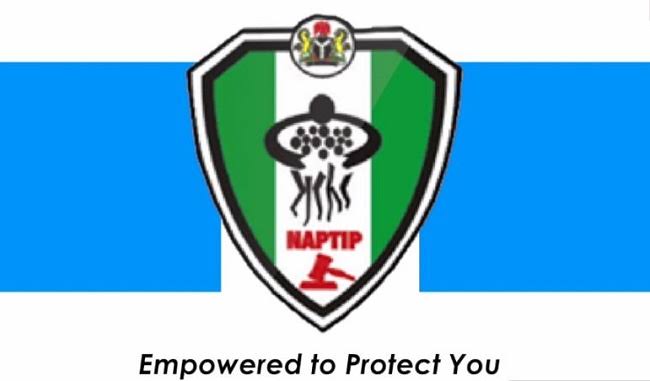The National Agency for the Prohibition of Traffic in Persons (NAPTIP) Command in Lagos state, says it secured conviction for 84 human traffickers since inception in 2003.
SEE ALSO: Amotekun May Divide Nigeria – Arewa Forum
The state NAPTIP Research Officer, Mrs Comfort Sanni, gave the figure on Tuesday during a stakeholders-media engagement on human trafficking and child abuse in Nigeria.
The meeting was organised by the Rule of Law and Accountability Advocacy Centre (RULAAC) in collaboration with the Nigeria Policing Programme(NPP), with the theme: Success and Challenges of Law Enforcement.
Sanni said that many cases were still pending in various courts.
She said NAPTIP was working with its partners to check human trafficking and child abuse in the country, with the limited resources available, calling for more information about traffickers and child abusers.
Sanni called for more funds and partners for the agency with a view to reach out to more victims and prosecute suspected offenders.
The Executive Director of RULAAC, Mr Okechukwu Nwangum, said the meeting was organised due to increasing rate of child abuse and human trafficking in spite of efforts by NAPTIP and other security agencies.
Nwanguma noted that the story indicating that more Nigerians were being trafficked to Lebanon and other Asian countries was a wakeup call for more efforts that on the fight against human trafficking.
He lamented that more Nigerians were been taken into slavery and prostitution daily.
The director called for more funding for NAPTIP and security agencies to enable them carry out their responsibilities.
A lawyer and member of the civil society group, Mr Jude Agbanoi, said trafficking was both internal and external, stressing that many government agencies were hiding under the guise of fighting human traffickers to enrich some people.
He called on NAPTIP to engage private prosecutors so as to secure more convictions against offenders.
The News Agency of Nigeria (NAN) reports that the meeting was attended by Civil Society organisations, National Human Right Commission, NAPTIP, and lawyers.

